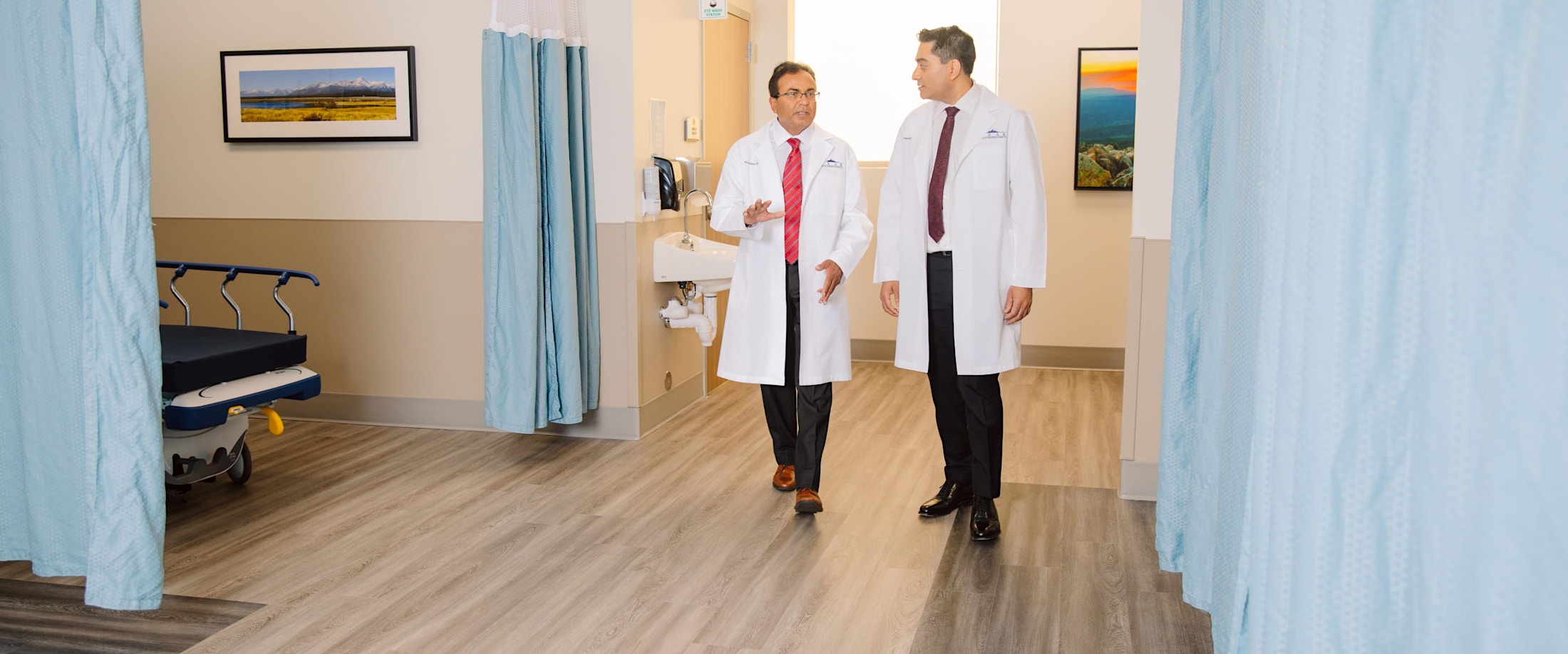If you experience bloating, gas, or abdominal pain in response to eating foods containing gluten, you may have celiac disease. Discover comprehensive care for Celiac Disease at Peak Gastroenterology Associates, where we offer unparalleled patient-focused care.
What Causes Celiac Disease?
Celiac Disease is primarily caused by a combination of genetic predisposition and the consumption of gluten-containing foods. The exact trigger is unclear, but it involves an abnormal immune response to gluten in genetically susceptible people. An untreated case of celiac disease puts you at risk of malnutrition, anemia, weak bones, infertility, nervous system problems, joint pain, and cancer. In children, celiac disease can cause failure to thrive, delayed puberty, short stature, and weight loss.
Anybody can develop celiac disease, but your risk increases if you have an autoimmune disorder related to your thyroid, a family history of celiac disease, type 1 diabetes, Down syndrome, or Addison’s disease.








